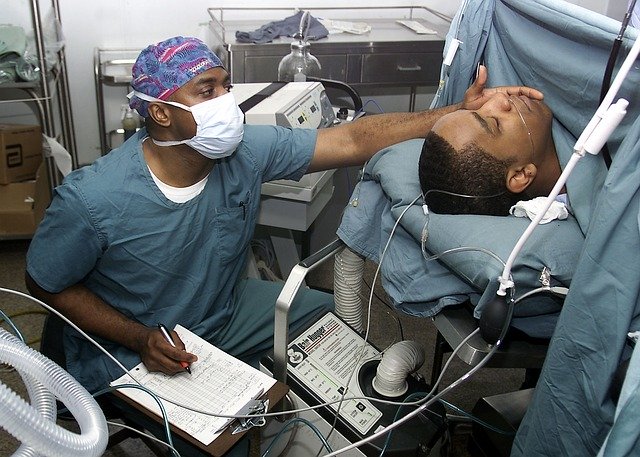Governor Gretchen Whitmer today announced a series of initiatives to help Michigan workers and their families during the ongoing COVID-19 pandemic, including the «Futures for Frontliners” program to provide a tuition-free pathway to college or a technical certificate to essential workers who don’t have a college degree. This includes workers like the ones staffing our hospitals and nursing homes, stocking the shelves at grocery stores, providing child care to critical infrastructure workers, manufacturing PPE, protecting public safety, picking up trash, or delivering supplies.
“The Futures for Frontliners program is our way of saying ‘thank you’ to those who have risked their lives on the front lines of this crisis. This program will ensure tuition-free college opportunities and give these dedicated Michiganders an opportunity to earn a technical certificate, associate degree or even a bachelor’s degree,” Governor Whitmer said. “I want to assure all of our workers we will never forget those of you who stepped up and sacrificed their own health during this crisis. You’re the reason we’re going to get through this.”
The “Futures for Frontliners” program is the first of its kind in the country, and was inspired by the federal government’s support of soldiers returning from World War II by providing educational opportunities. Frontline workers who take advantage of this program will help us reach Governor Whitmer’s goal to increase the number of working-age adults with a technical certificate or college degree from 45% to 60% by 2030. The Governor stated that she looks forward to working on enacting her proposal with the bipartisan legislative coalition that helped pass Reconnect last month, the program to offer adults over 25 without college degrees tuition-free access to community college.
Governor Whitmer also announced that she is expanding the state’s Workshare Program to allow employers to reduce employee hours to receive weekly unemployment insurance (UI) benefits as well as the additional $600 Pandemic Unemployment Assistance (PUA) weekly benefit. Both benefits will be funded through federal dollars. Through July, the program can act as supplemental pay for critical infrastructure workers by allowing them to collect the extra $600 per week.
Governor Whitmer also called on leaders in Congress to support Sen. Gary Peters’ Heroes Fund to provide hazard pay for frontline workers putting their lives on the line to ensure access to life-saving care, food, and other critical services during the pandemic. It is estimated that more than three million of these essential workers are currently on the job in Michigan. Supported by Sens. Stabenow and Peters, the Heroes Fund proposal would provide these workers with an additional $13 per hour, up to $25,000, with an additional potential recruitment incentive of up to $15,000 for essential medical workers.








